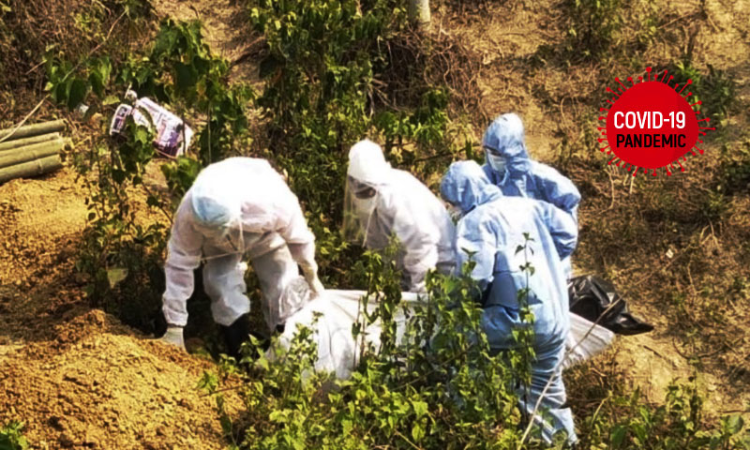The Supreme Court has on Wednesday dismissed a plea seeking directions to Centre and the States to set up a National and State Mortal Remains Management Disposal Protocol for pandemic and non- pandemic times within a reasonable period. The plea also sought directions to the State Governments to designate the District Medical Officer to be appropriate authority for implementation...

